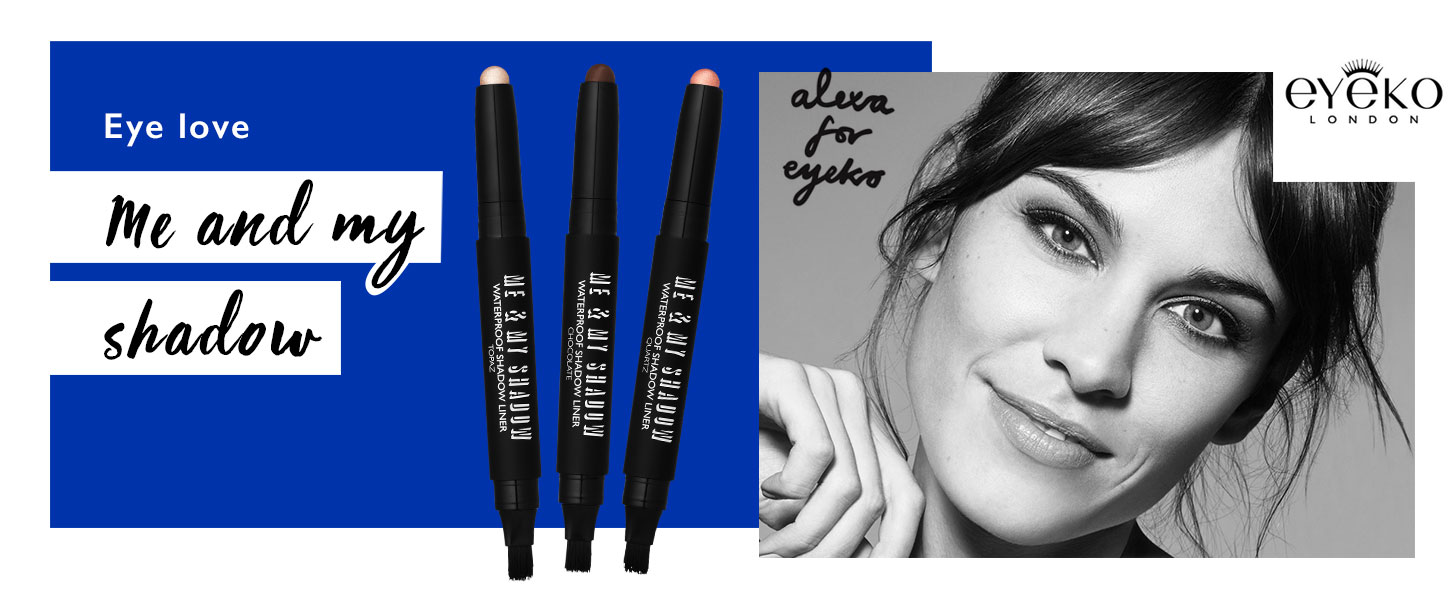- Blogs
- Back to all news
The Power of Influence
In this day and age, does advertising really work?

Over the past few years there’s been a relatively new word floating around in the marketing and PR world, the ‘influencer’ but what could an influencer bring to your brand?
Firstly we need to look at what an influencer actually is – and if an influencer is the same as a celebrity ambassador. Celebrity brand ambassadors are something we might be more familiar with in our everyday lives. From the types of food we eat, the clothes we buy, right through to the way we live our lives, brand ambassadors have long been a weapon of choice for various companies looking to engage with their potential clients.
I imagine you’ll have seen celebrities adorning billboards or in glossy magazine advertisements, in television adverts and, in more recent years, utilised across social media. George Clooney with his Nespresso and Martini ambassadorial role, Beyoncé and her Pepsi campaign, Natalie Portman, Jennifer Lawrence, Bella Hadid and Charlize Theron as the faces of Dior beauty and Kate Hudson as the face, and body, of her own fitness brand, Fabletics.
You’ll probably be able to remember any one of these brands by the face of the celebrity it is endorsed by, and this is precisely the point. Marketers have long known the power and influence that comes from a celebrity endorsement or ambassadorial role for their brand. Marketers work very carefully to choose ambassadors for their brands, and to ensure that these personalities align with the brand values, perceptions and key messaging that they’ve worked to create.
Influencers are similar, but whilst traditional celebrities have strong online reach, influencers were born in the online world. They have achieved notoriety and following by creating content specifically for online consumption. With the advent of new social channels such as Vine, SnapChat, Instagram, and then, of course, old favourites like YouTube and Facebook, people from the non- celebrity world have created followers of their own through specific content, that is of interest and is highly engaged with by consumers.
This new brand of internet influencer has been bred from a generation which consumes media, information and bases buying decisions on online recommendations. The difference between a celebrity ambassador and an influencer, to a brand, is that you no longer need to choose a celebrity that might vaguely t your brand, but you could look to work with an online ‘expert’ in their specific field. These experts are trusted ambassadors and seen as highly credible by their followers, now their audiences are so large that brands and marketers should be taking notice of their power to reach and influence their specific target audience, and most are. More than 60% of brands implemented influencer marketing in 2016, and this number is set to rise by 15% by the end of 2017, which means that brands are not only understanding the value of influencers, but influencers are also understanding their own value. Influencers charge for their services, to give brands access to their loyal following, and in most cases, tend to be more affordable than appointing a celebrity ambassador. Influencers have been created from the online world, and so they instinctively know how to create quality content that can be used on their own platforms, as well as a brand’s own channels. Technology is only growing, augmented reality, virtual reality and AI technology is ever-evolving, meaning that those accustomed to a tech- focused world, will be utilised and can adapt.
This doesn’t negate the power of traditional celebrities, brands are still utilising personalities for their brands, however they have changed the way that celebrity endorsements are activated. Celebrities are being utilised more for their specific skills with their endorsements, and I don’t think we’ll see celebrities ever being phased out of endorsements.
Ambassadors have been chosen because of the way the public relate, look up to, or connect with their personality, looks, career, associations, or even their relationship. They are paid to represent their brands and showcase their brand values, at all times. That’s why when a celebrity has a crisis, this can reflect badly on the brand, and they will often sever all ties, partnerships and endorsements. Think Gillette (amongst many others) pulling their association with Tiger Woods after his infidelity scandal, and Chanel and Burberry severing ties with Kate Moss after she was pictured taking drugs on the front page of The Mirror.
Similarly, influencers can also create waves in the media, most recently Disney ended their relationship with the
‘King of the Internet’ PewDiePie after it was purported that his videos contained references to Nazi culture, and that he was anti-Semitic. Popular vlogger, Zoella, lost numerous followers when many noticed her book was ghost written, when she’d claimed to have written it. With any ambassador, you need to remember that these are actual people, and you need to ensure you choose wisely when choosing the best representative for your brand.
All in all, influencers and celebrities are valuable assets to a brand, but need to be utilised effectively and carefully to increase brand engagement. When approaching a potential brand ambassador, whether that be an influencer or celebrity, you need to be aware of what you’re trying to achieve, who you’re specifically trying to reach, what is the best channel in which to reach and engage with them, and who they value as a peer, or as a credible source. Only then will you know who might be best to represent your brand.